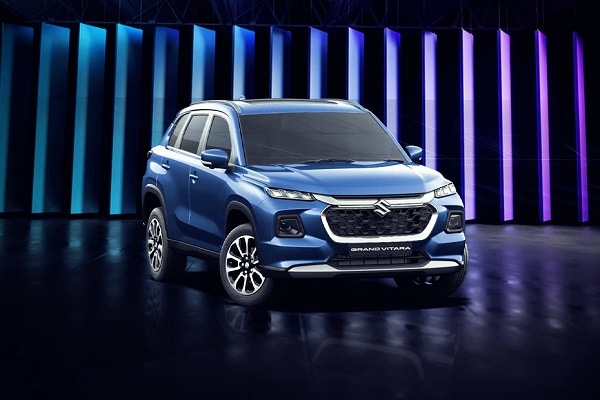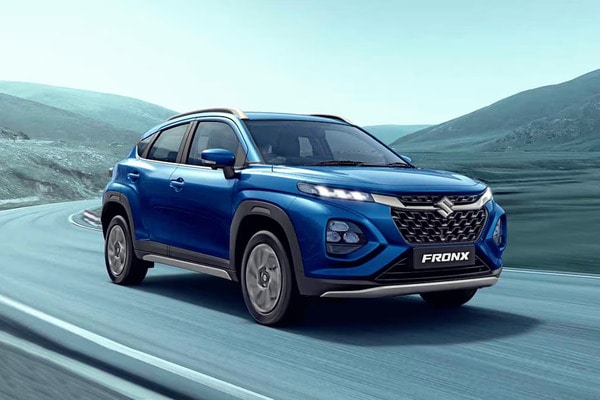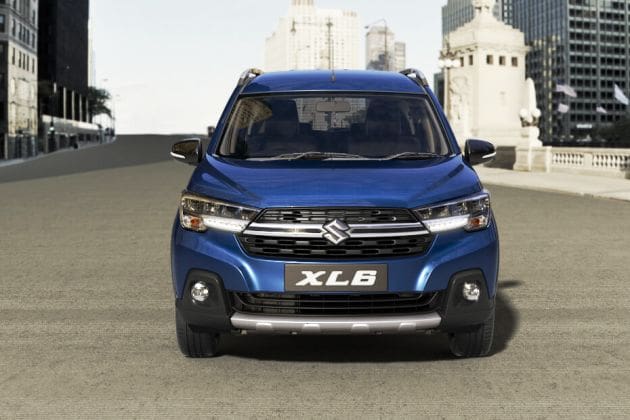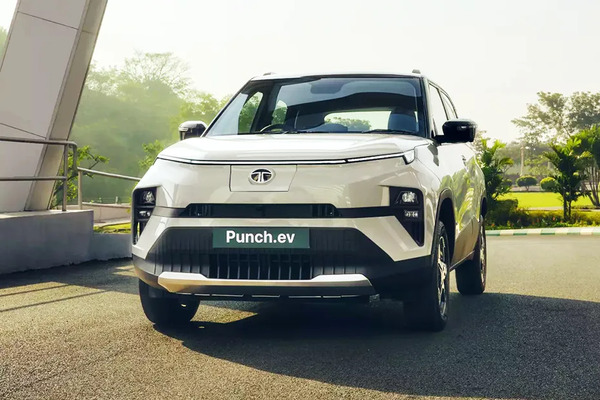Nexa hits 2 million milestone; Grand Vitara, Jimny, Fronx to propel Maruti ahead


Maruti Suzuki on Friday informed that its Nexa retail chain has sold over two million vehicles since it was first introduced in the country in 2015. It took the company around four years to hit the first million milestone and around the same time to double this figure, despite the Covid-19 pandemic and semiconductor shortage emerging as very real challenges.
Nexa from Maruti Suzuki was established as a more premium retail chain with some of the models offered by the carmaker being earmarked for sales through it. At present, there are around 480 Nexa retail outlets across the country. The other retail chain under the brand is called Arena. At present, models like Baleno, XL6, Ciaz, Ignis and the latest Grand Vitara is offered through Nexa while the coming times will see Fronx and Jimny also coming under its umbrella. Models like Alto, S-Presso, Celerio, WagonR and Brezza are offered by the Arena retail chain.
Also check these Cars
Maruti Suzuki is now confident of accelerating sales overall but also sales specifically under the Nexa retail chain because of the high-traction expected for Fronx and the much-awaited Jimny. Both vehicles were showcased at the Auto Expo 2023 in January and bookings for both are open. As the country's largest car maker looks to bolster its SUV lineup - at present, it has Brezza and Grand Vitara, both Fronx and Jimny could potentially increase momentum.
Watch: Maruti Suzuki Grand Vitara: First Drive Review
But the maximum thrust is still expected to come from Baleno. “Under Nexa, Baleno has the largest volume, it is the second-highest selling product in the (passenger vehicle) industry," said Shashank Srivastava, Senior Executive Officer for Marketing and Sales at Maruti Suzuki India Limited. “I also expect the Fronx to pull in big numbers once it is officially launched. We are now hoping to sell 370,000 units under Nexa in this year, up from 255,000 units last year. Nexa also has a market share of around 10 per cent and this too will rise."
Srivastava, however, also issued a word of caution and pointed to the possible resurgence of Covid-19 infections in India and persisting semiconductor shortage as possible challenges moving forward.








 1490 cc
1490 cc Multiple
Multiple


 35 Kwh
35 Kwh 421 km
421 km















